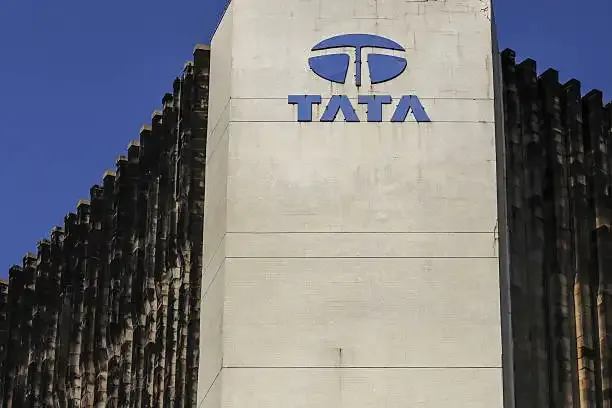Shopping cart
Your cart empty!
Terms of use dolor sit amet consectetur, adipisicing elit. Recusandae provident ullam aperiam quo ad non corrupti sit vel quam repellat ipsa quod sed, repellendus adipisci, ducimus ea modi odio assumenda.
Lorem ipsum dolor sit amet consectetur adipisicing elit. Sequi, cum esse possimus officiis amet ea voluptatibus libero! Dolorum assumenda esse, deserunt ipsum ad iusto! Praesentium error nobis tenetur at, quis nostrum facere excepturi architecto totam.
Lorem ipsum dolor sit amet consectetur adipisicing elit. Inventore, soluta alias eaque modi ipsum sint iusto fugiat vero velit rerum.
Sequi, cum esse possimus officiis amet ea voluptatibus libero! Dolorum assumenda esse, deserunt ipsum ad iusto! Praesentium error nobis tenetur at, quis nostrum facere excepturi architecto totam.
Lorem ipsum dolor sit amet consectetur adipisicing elit. Inventore, soluta alias eaque modi ipsum sint iusto fugiat vero velit rerum.
Dolor sit amet consectetur adipisicing elit. Sequi, cum esse possimus officiis amet ea voluptatibus libero! Dolorum assumenda esse, deserunt ipsum ad iusto! Praesentium error nobis tenetur at, quis nostrum facere excepturi architecto totam.
Lorem ipsum dolor sit amet consectetur adipisicing elit. Inventore, soluta alias eaque modi ipsum sint iusto fugiat vero velit rerum.
Sit amet consectetur adipisicing elit. Sequi, cum esse possimus officiis amet ea voluptatibus libero! Dolorum assumenda esse, deserunt ipsum ad iusto! Praesentium error nobis tenetur at, quis nostrum facere excepturi architecto totam.
Lorem ipsum dolor sit amet consectetur adipisicing elit. Inventore, soluta alias eaque modi ipsum sint iusto fugiat vero velit rerum.
Do you agree to our terms? Sign up

A proposed Rs 1,000 crore capital infusion for the loss-making Tata International Ltd (TIL) has become the latest flashpoint in the widening divide within Tata Trusts, one of India’s most powerful charitable trusts.
The disagreement centers on how the funding proposal was approved at a Tata Trusts board meeting on September 11, with some trustees alleging that the decision bypassed proper consultation. Concerns have been raised over potential breaches of Article 121A of Tata Sons’ Articles of Association, which mandates collective approval from the Trusts for major financial commitments.
Trustees Mehli Mistry, Pramit Jhaveri, Jehangir H.C. Jehangir, and Darius Khambata reportedly questioned the process, noting that decisions of this size should be discussed collectively. A source said, “It’s about the process — not whether Tata International needed funds.”
Noel Tata, who has led TIL since 2010, sees the company as vital to Tata Group’s international strategy. Operating in 27 countries across auto distribution, leather, agri-trading, and industrial supply chains, TIL has faced financial pressures due to high leverage, forex losses, and low margins.
Minutes from a Tata Sons board meeting on August 8 show TIL’s Managing Director Rajeev Singhal presented the proposal to stabilize the company. Despite revenue growth to around Rs 32,000 crore in FY2025, TIL posted a net loss of Rs 477 crore, with net debt exceeding Rs 4,100 crore by September 2024.
TIL is exploring joint ventures with Mitsubishi Corporation Mobility Group for African distribution and Mercuria Group for trading operations. Noel Tata attributed TIL’s weak balance sheet to legacy issues, forex losses, and restructuring costs in its footwear business.
While the Tata Sons board approved the funding under Article 121A, authorizing Chandrasekaran and Suprakash Mukhopadhyay to finalize the investment, opposing trustees maintain their concerns are about transparency and governance, not the business case. One source explained, “Article 121A was meant to protect collective oversight. Presenting final decisions without discussion defeats that purpose.”
TIL’s total debt, including perpetual bonds, now exceeds Rs 5,000 crore. While its African distribution arm remains profitable, trading and manufacturing operations continue to weigh on performance.
The TIL funding dispute adds to an ongoing divide within Tata Trusts, which owns 66% of Tata Sons. Previous clashes involved the reappointment of Vijay Singh to the Tata Sons board, which four trustees opposed, eventually leading to his resignation.
This week, top executives — Noel Tata, N. Chandrasekaran, Venu Srinivasan, and trustee Darius Khambata — met Union Home Minister Amit Shah and Finance Minister Nirmala Sitharaman in New Delhi to discuss the governance crisis, emphasizing the need to prevent internal rifts from affecting Tata Sons or its companies.
The dispute highlights a deeper difference in leadership style within Tata Trusts: one group favors strict governance adherence, while another advocates for centralized, quick decision-making to maintain the conglomerate’s agility.
6
Published: Oct 09, 2025